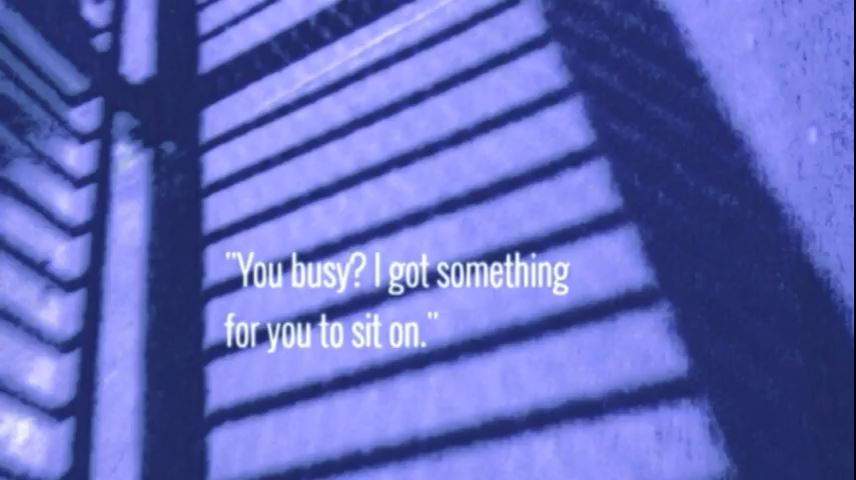Concordia alumna filmmaker tackles catcalling and street harassment
It was the Women’s March on Washington that inspired Concordia alumna Karina Lafayette to begin investigating individual cases of catcalling and street harassment. Currently working as a filmmaker in Toronto, she started a conversation with her friends about their personal experiences and began sharing their stories.
Lafayette said she felt compelled to make something out of the conversations she’d heard surrounding the march and in her circle, and decided to create an online survey. She asked women to describe their worst experiences with catcalling and street harassment.
What began as a few responses quickly grew into over 40 haunting confessions. Lafayette said she was not surprised by how many women responded, given the prevalence of catcalling in modern society. She was surprised, however, by how candidly and openly the participants told their stories.
“Sometimes we’re told it’s supposed to be a compliment,” Lafayette said. She said this could be a reason why street harassment isn’t discussed often or in much detail. To many who do not experience it and to the perpetrators themselves, street harassment is seen as flattery and is not perceived as offensive. Because of this, explaining how an experience of catcalling can be taken negatively becomes difficult, and the subject itself becomes almost taboo.
Overwhelmed by the number of responses, Lafayette decided to convert the stories into a short film. She was careful not to censor anything—she wanted to accurately portray the reality of being catcalled. Lafayette explained that due to the extremely disrespectful language often used by catcallers, if she had chosen to censor the quotes, it would have taken away from the film’s meaning. “Most of them already contain some type of derogatory term or insult,” she said. “It would be like censoring pretty much the entire film.”
The film, Give Me A Smile, begins with a shot of a woman walking down the street, followed by an image of her doing her hair and makeup, and then one shot—from a bird’s eye view—of her walking down stairs and pausing at a door to go outside. Lafayette’s voice recites her own poem, Eve’s Apple, as the camera continues to follow the woman outside and down a dimly lit street. The poem describes the harmful consequences that catcalling and misogyny can have on a woman’s self esteem. The responses to her survey appear written on the screen: “slut,” “Here kitty kitty…” and “Damn baby girl! Come here, I got what you’re looking for.”
The camera follows the woman down the dark streets, as more catcalling quotes flash across the screen. The soundtrack of rock music gives particularly disturbing and graphic quotes even more of an unsettling air. The film concludes with a shot of the Toronto mural titled “The Awakening,” a simple image of two faces pressed up against each other. Their eyes are closed and their faces wear a solemn expression. The final shot evokes a feeling of intimacy, which provides a link to the vulnerable position that victims of street harassment are subjected to. The music then fades and the credits roll.
Lafayette said she hopes her film initiates a conversation about catcalling and common misconceptions about what it feels like to be on the receiving end. She said she wanted to shed a light on women’s experiences, and allow them to see they are not alone in what they have been subjected to.
“[I want] to show people that catcalling and street harassment in general shouldn’t be taken lightly, because it can relate to many other situations. At the same time, I kind of want to debunk this whole myth of it being a compliment,” she said. “I myself, every time I experienced it, I thought I was in the wrong. But by listening to other people, that’s when I realized that it’s actually a form of bullying.”
Give Me A Smile can be viewed on Lafayette’s YouTube channel, Carus Productions.





Really good read it should be more addressed